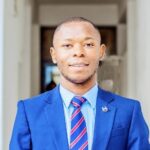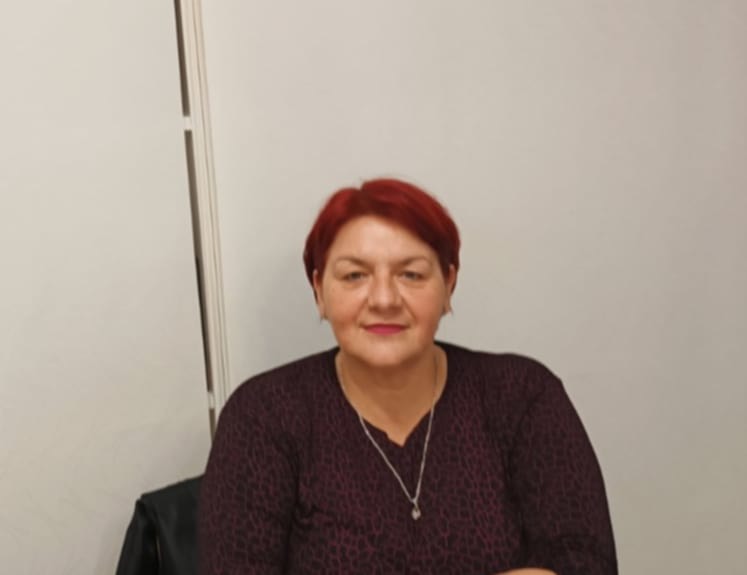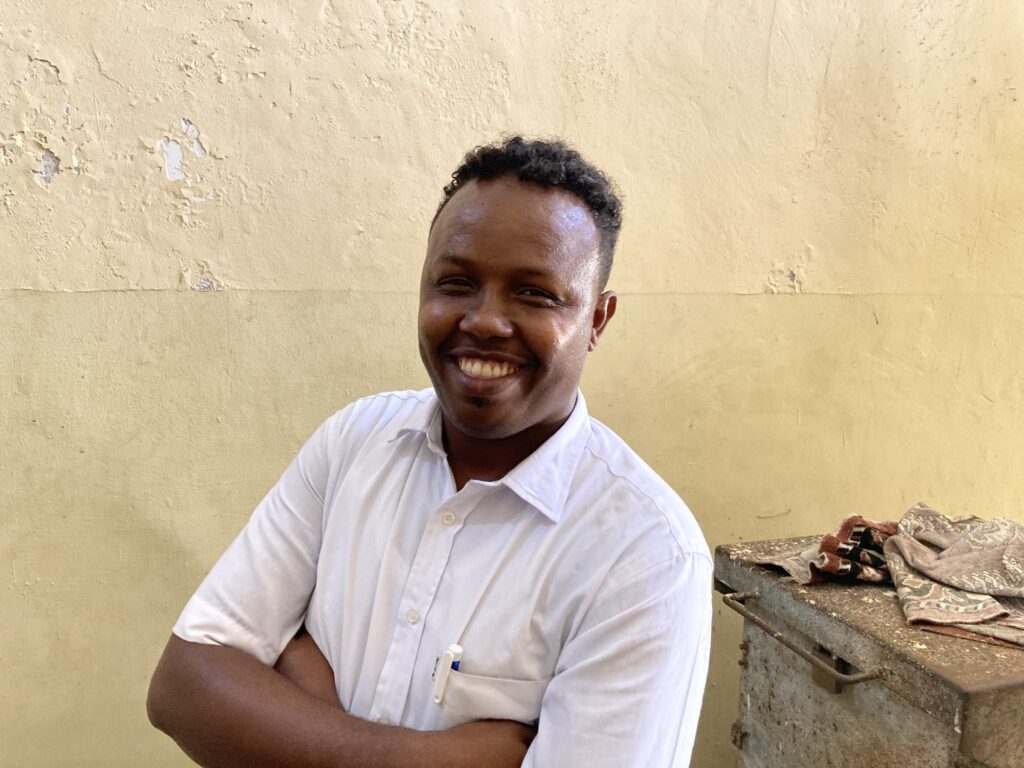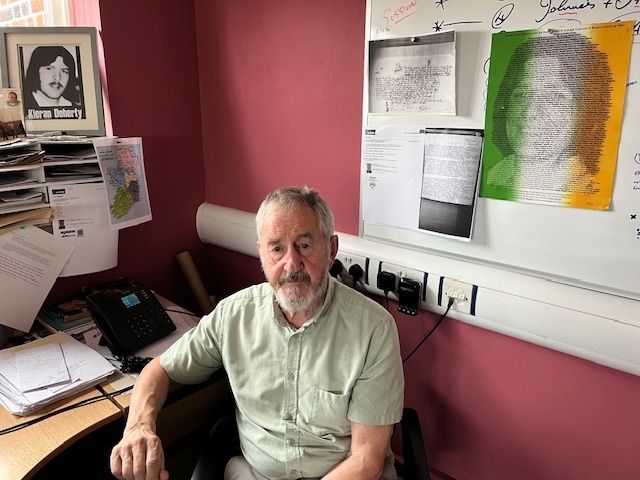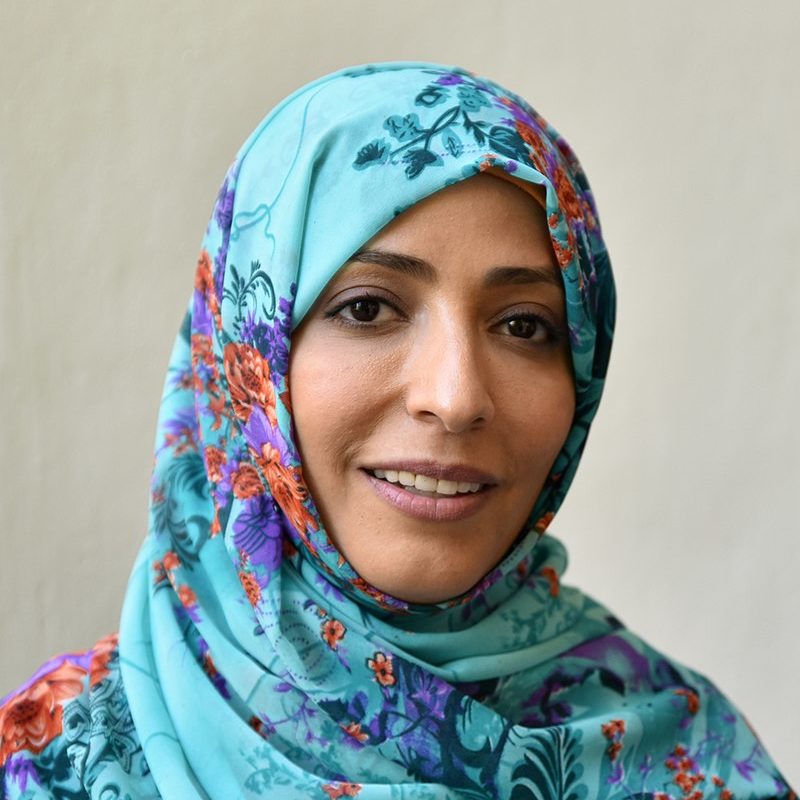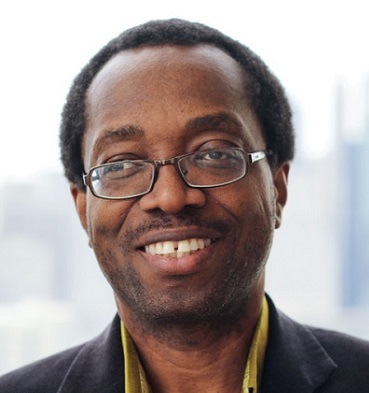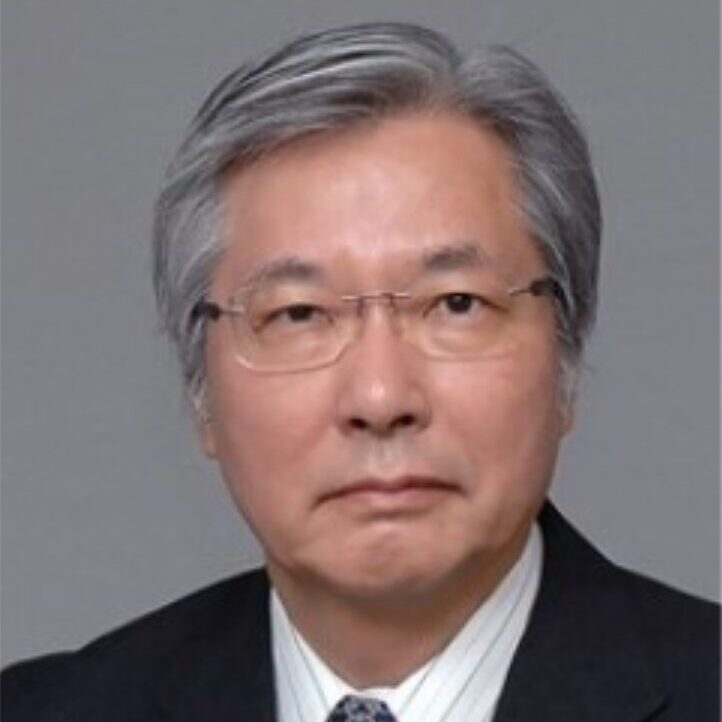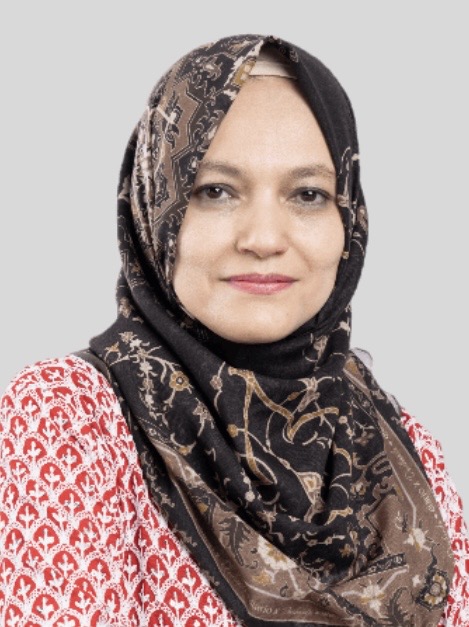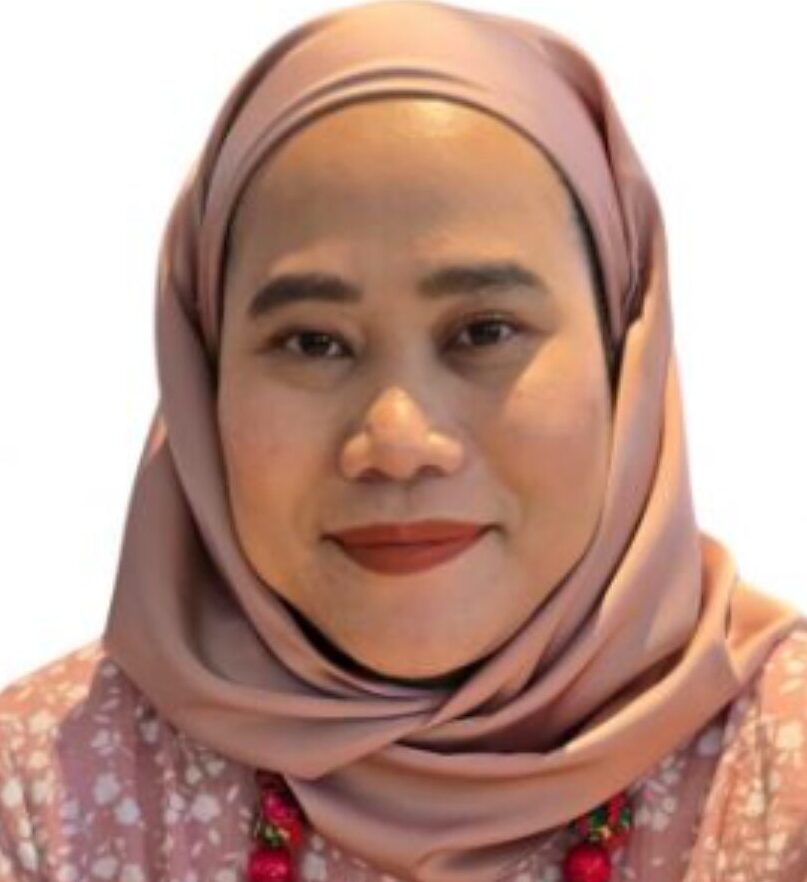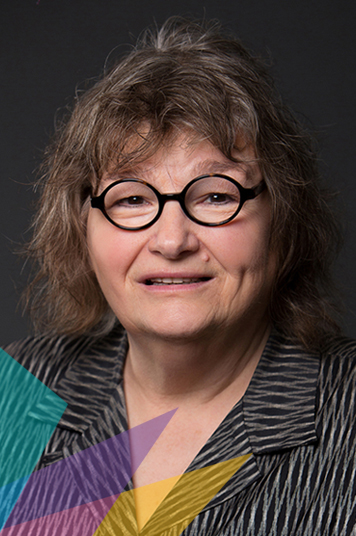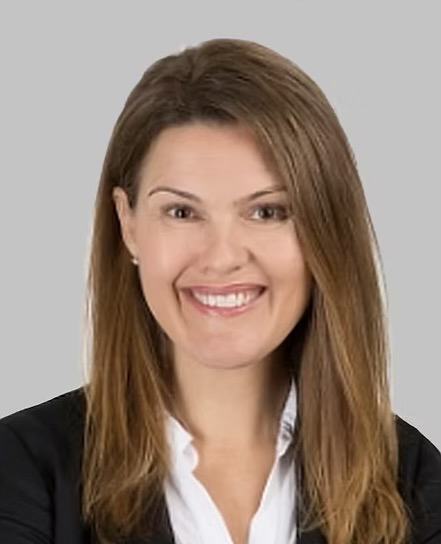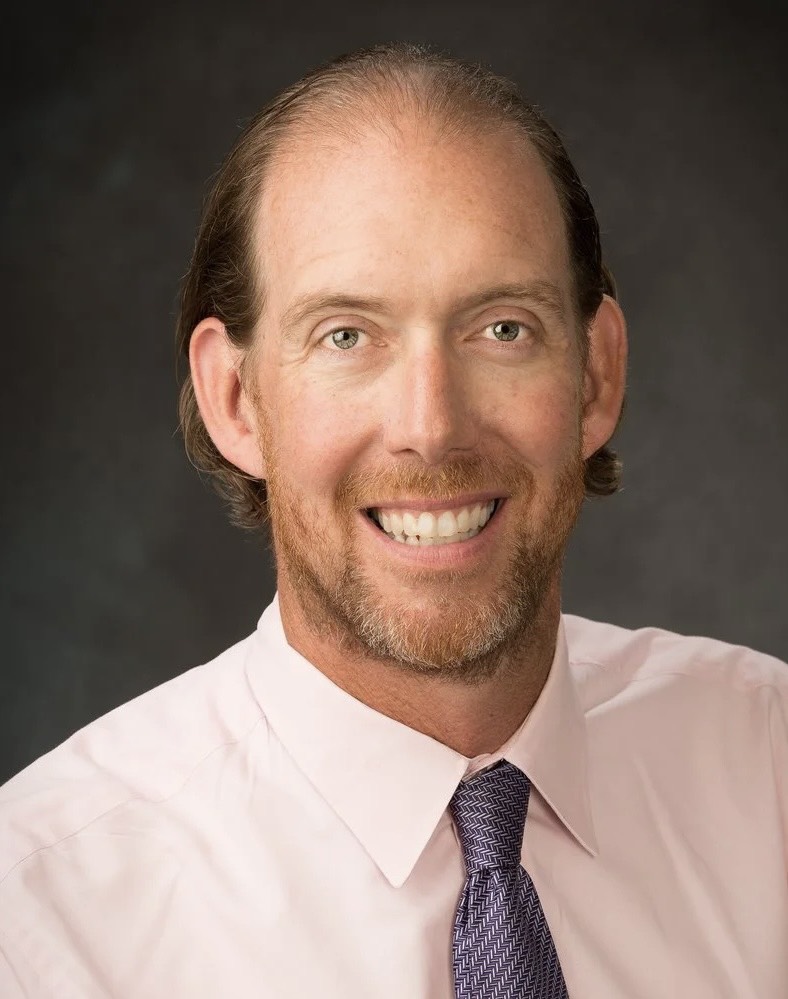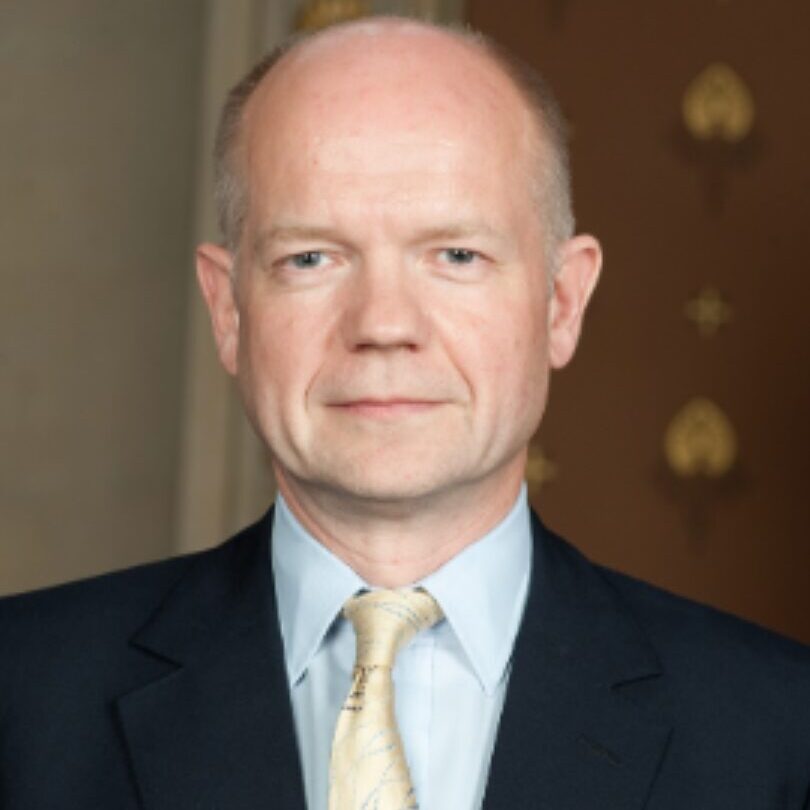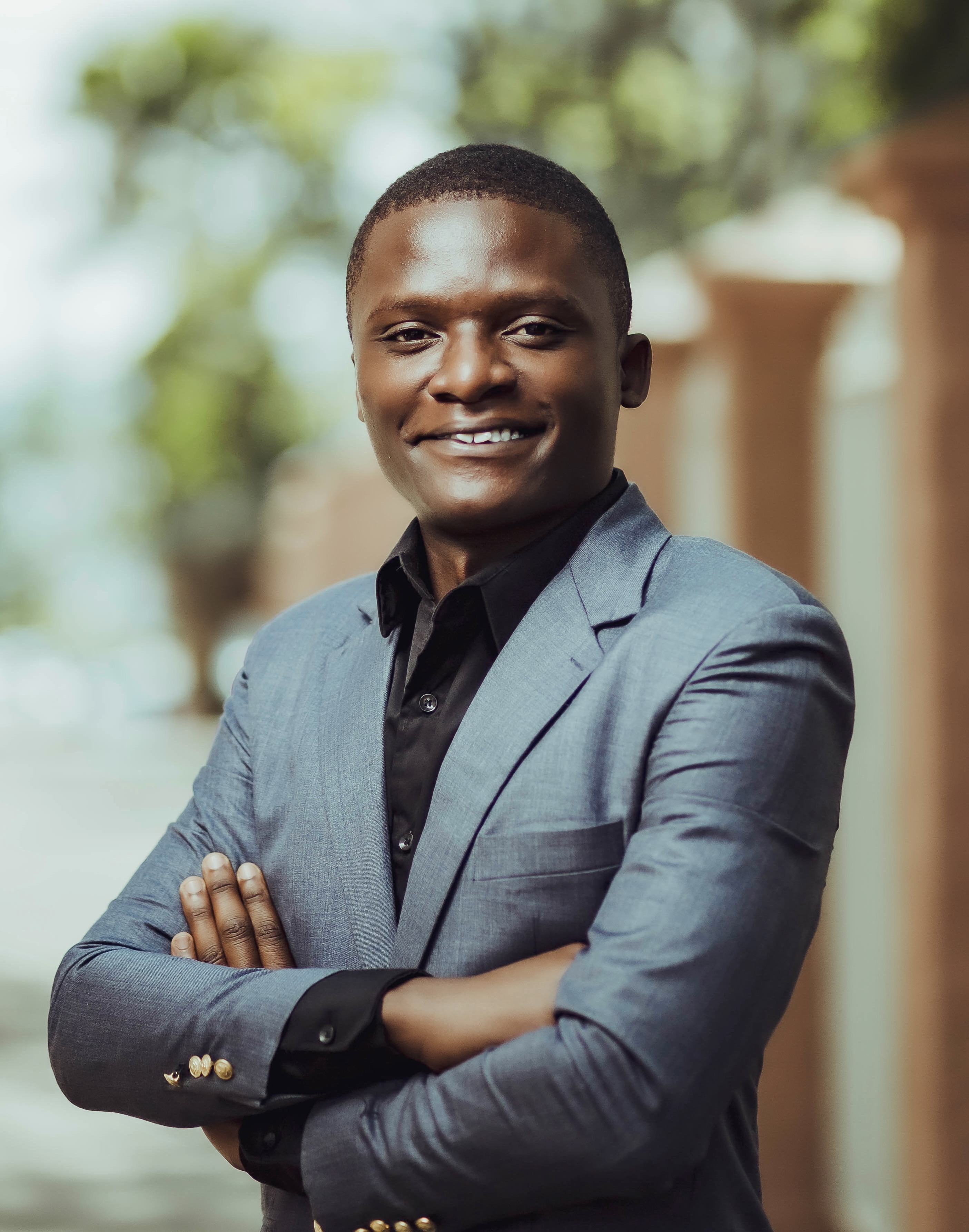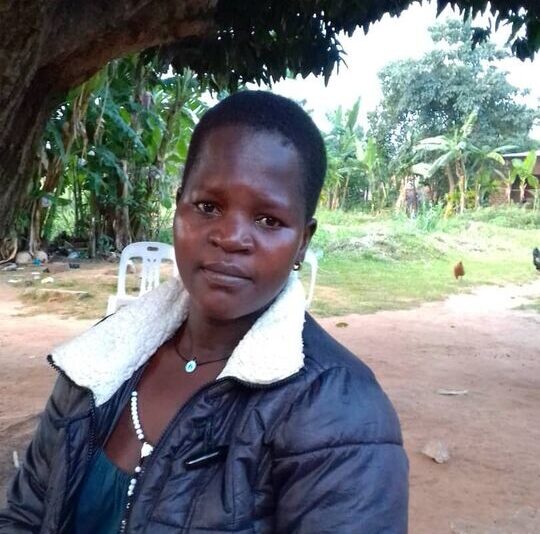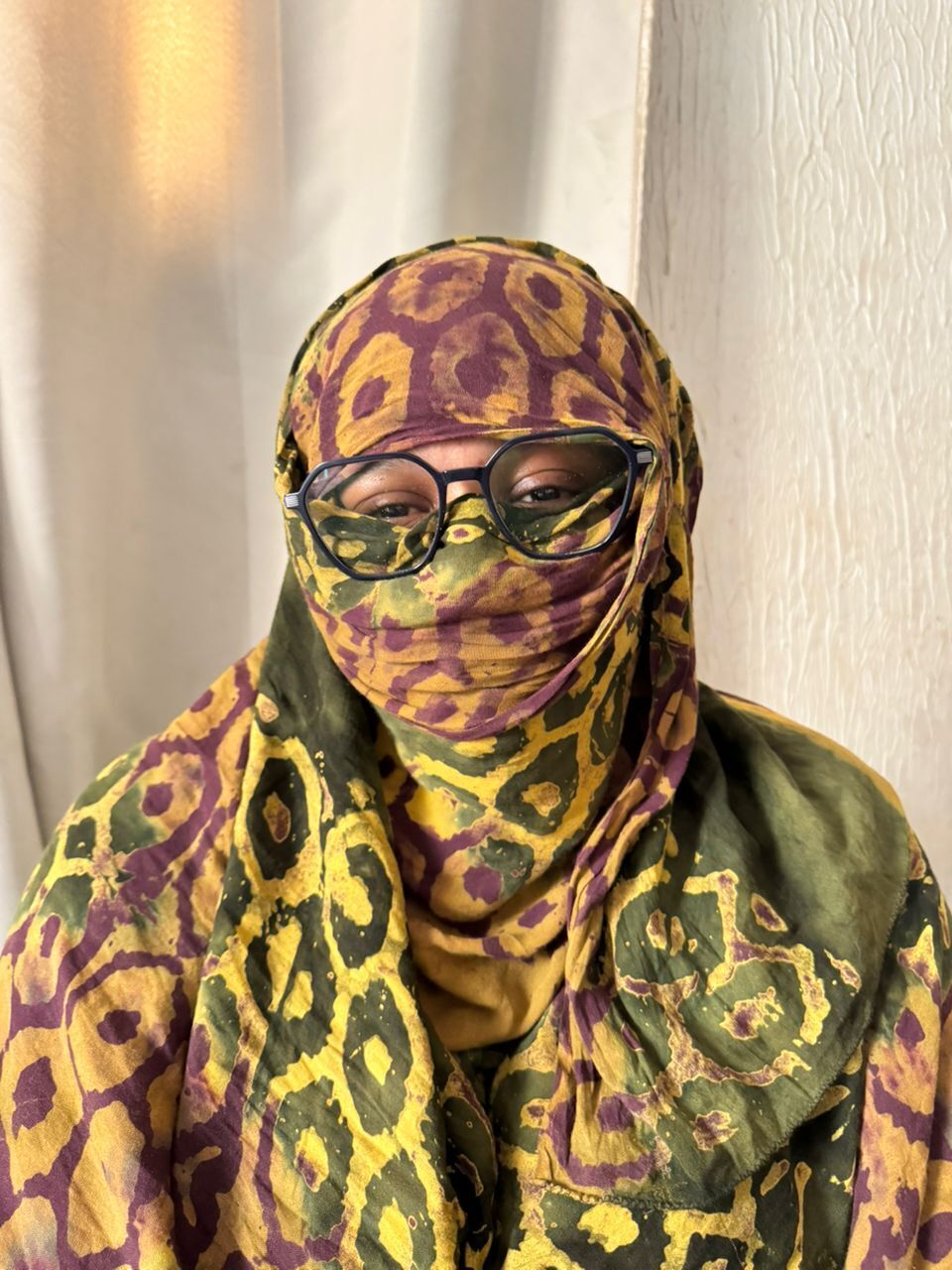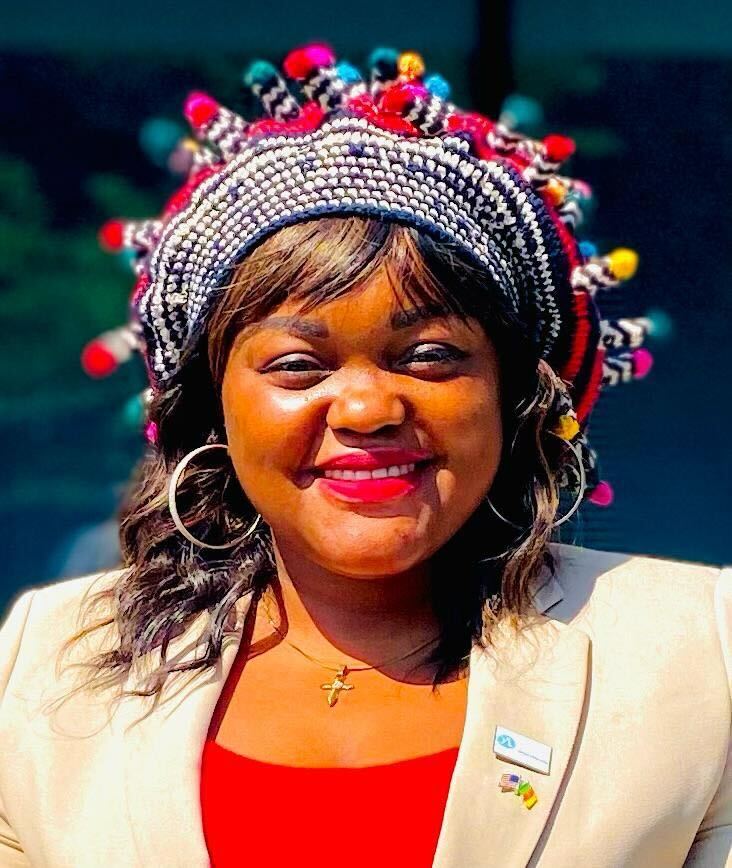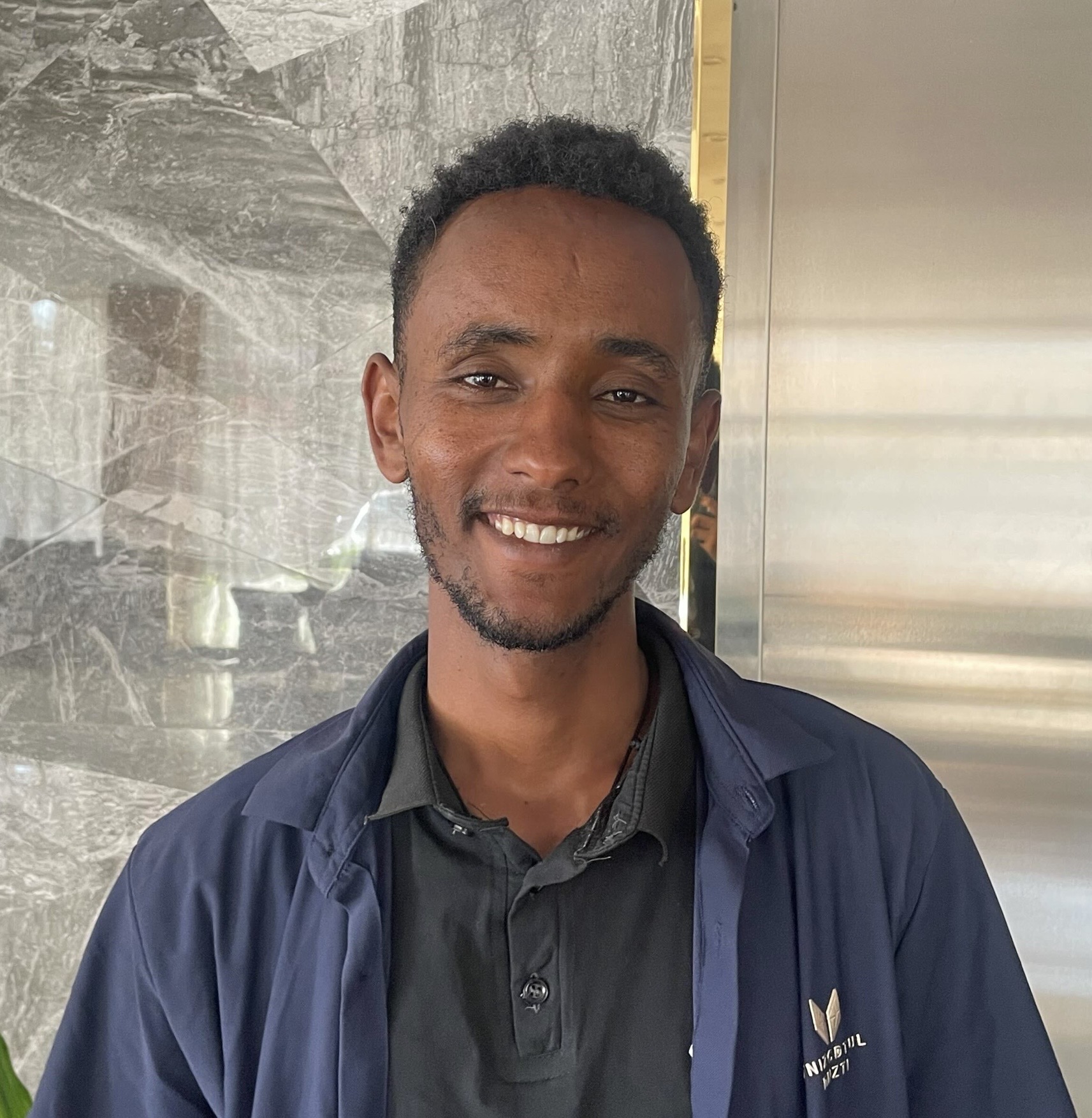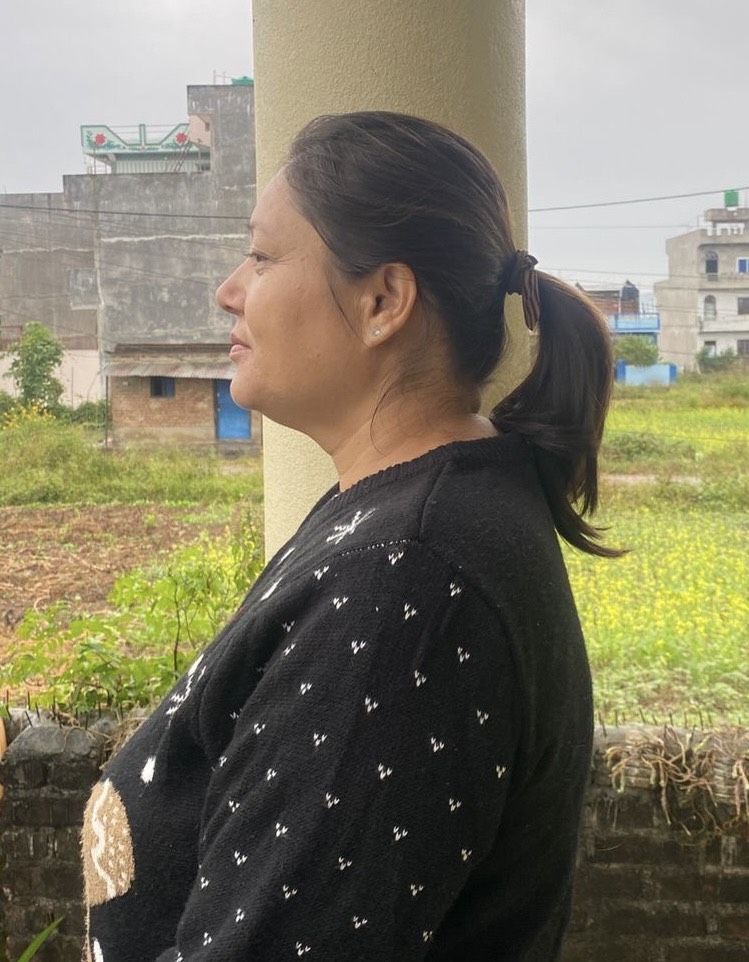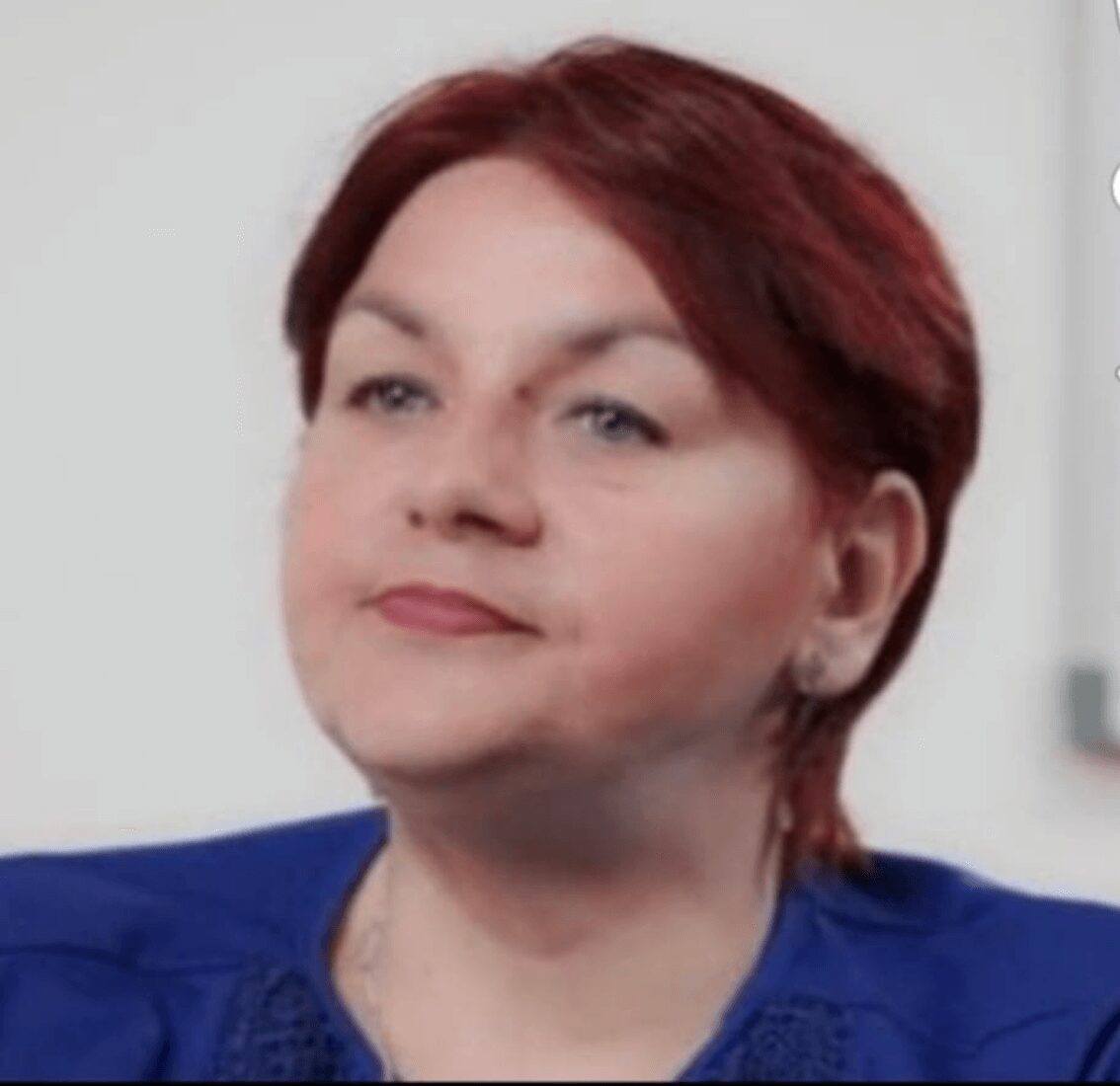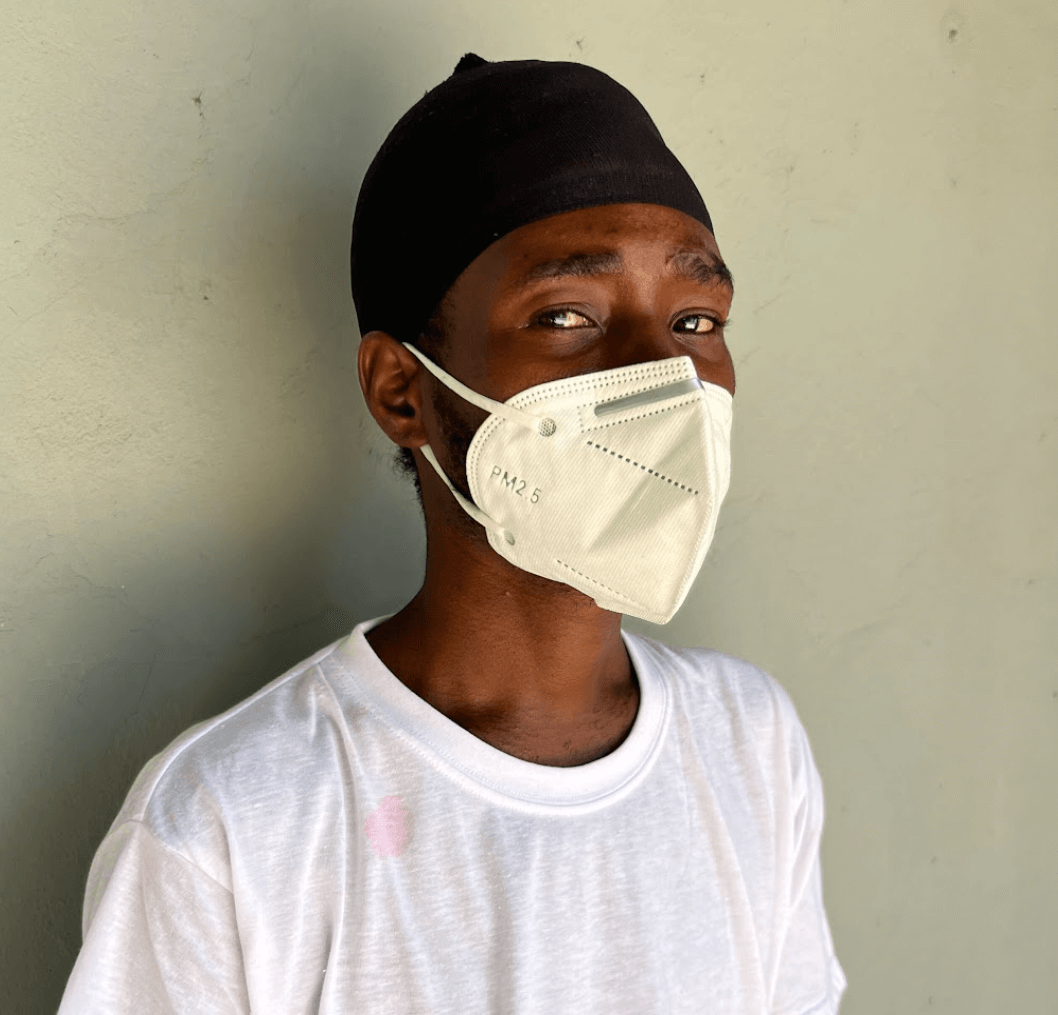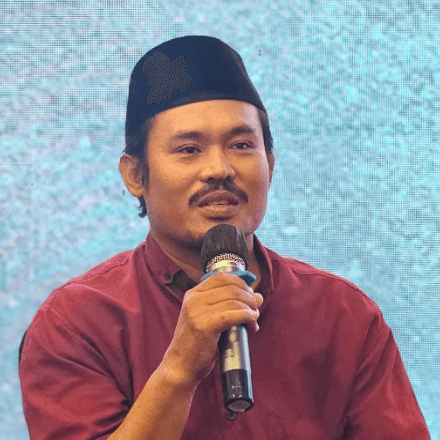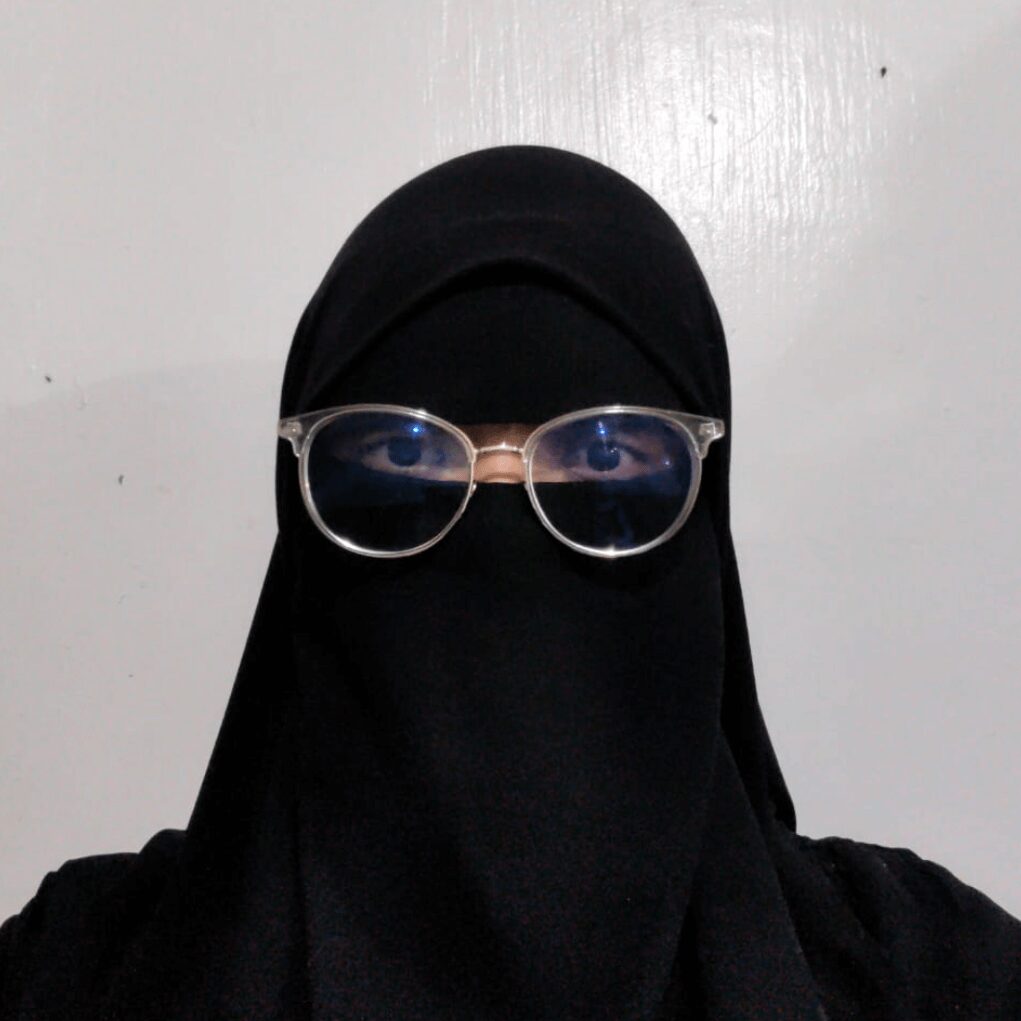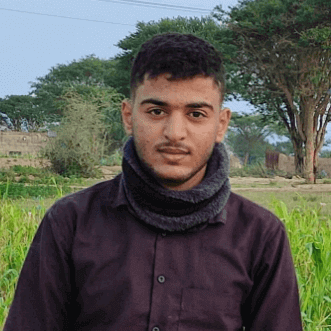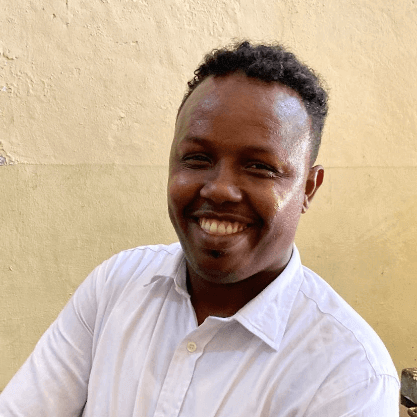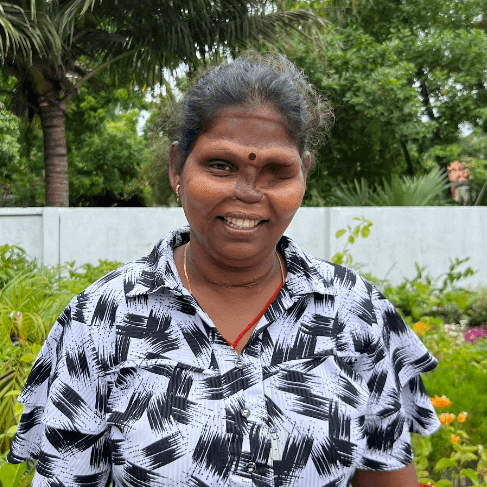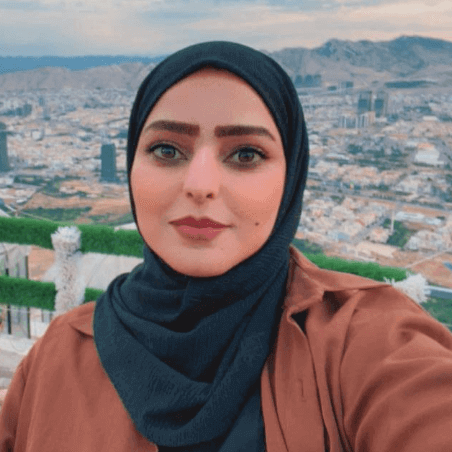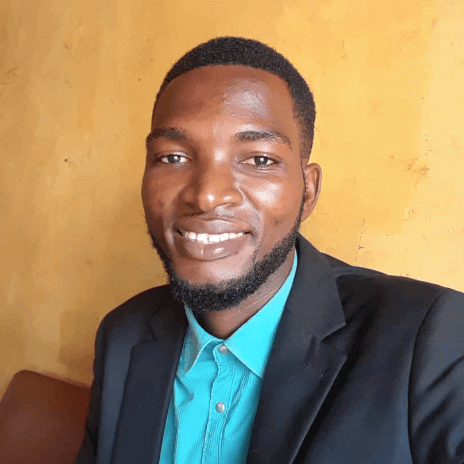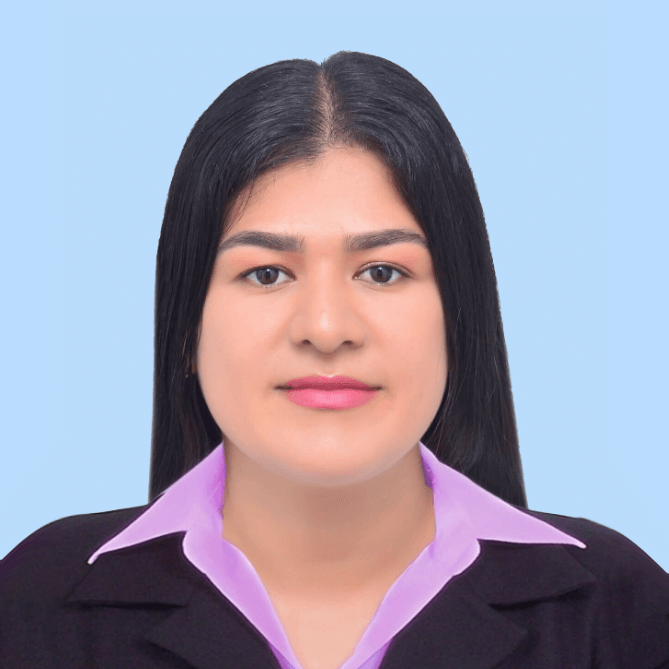In the Eastern Democratic Republic of Congo, conflict is not a distant story told in books. I think if there is a nation in this world that could testify about war and its consequences, it’s the DRC, personally, since I was born till now, I have lived the consequences of the war, I have witnessed how bad the war is and how people and families have lost their loved ones. I never witnessed peace, as I have lived in the same cycle of unfinished war since my childhood. Although my grandparents have testified that Congo had a period of peace under Mobutu's presidency, I have not experienced it. It is a daily reality that affects every family, every youth, every community. In Uvira, where I live, young people grow up surrounded by insecurity, intercommunity tensions, poverty, and lack of opportunities. Many lose hope and feel abandoned by the world. Some are even recruited into armed groups as a way to survive because even education, which was a strong stand on which the young people here could stand, is no longer helping much; it fails because young people miss jobs after their studies.
Lake Tanganyika used to be another source of revenue for these young people, as they could go there and fish. However, as the population has increased, this source is no longer providing satisfaction. I can tell that even farms are not helping to control young people, because the soil is no longer fertile or rich. This added to the lack of enterprises to hire young people. One of the sad realities of our City is that we have more calls for enrollment in armed groups than we have in local enterprises or NGO. Here it’s easier to see a youth with a weapon than to see him with 1$. It’s sad because they are not even educated on the usage of that weapon, they were only told how to press on the arm, but they are not aware of the consequences.
This is why my organization TUSA, was created: Unissons-nous Tous pour notre Paix ("Let’s be One for Our Peace"). Young people are considered troublemakers, and this is due to the daily realities that youth are facing. Young people often enrolled in non-state armed groups underage, not because they are willing to be there, but because it’s the first opportunity that they get in their lives. Here in Uvira, many young people are enrolled in these groups, and I can attest that they have discovered a substance they call “BUYI.” They believe that taking this product makes them less vulnerable to weapons. As these youth have embraced this practice, they have shown full commitment, even though they are often seen as troublemakers.
We believe that transforming this negative energy into something positive—by giving these young people opportunities to shape their lives, realize their potential, and pursue their destinies—can help reduce the number of youth joining armed groups.
As a youth-led organization, we believe the solution to conflict lies within the youth themselves. Our vision is simple yet powerful: to transform young people from victims or participants in violence into leaders of peace.
At TUSA, we work directly with youth from all communities in Uvira and the surrounding areas, and we serve as volunteers. We organize peace education workshops that train young people in non-violent conflict resolution, dialogue, and civic responsibility. We encourage them to become ambassadors of peace within their communities. We provide them with spaces where their voices can be heard and nurture a sense of hope. Recently, we reached out to some youth currently enrolled in armed groups, and when speaking with them, it became clear that many joined these groups due to a lack of opportunities.
One of our main activities is organizing intercommunity dialogues. These sessions bring together young people from different ethnic groups to share their experiences and understand each other’s pain. We believe that healing begins when we listen to the stories of others, even those we once saw as enemies.
In addition to education and dialogue, TUSA wants to respond to humanitarian needs. Many families in Uvira have been displaced by conflicts or natural disasters. We want to provide basic assistance such as food, hygiene kits, and school supplies, always prioritizing the most vulnerable, especially women and children. Although we have limited resources, we request support to fulfil this mission. Humanitarian aid is not only a response to immediate needs – it is also a way to build trust among divided communities.
Disclaimer: The views, information, or opinions expressed in this article are those of the author and do not necessarily represent those of Global Taskforce for Youth Combatants and Accept International.
